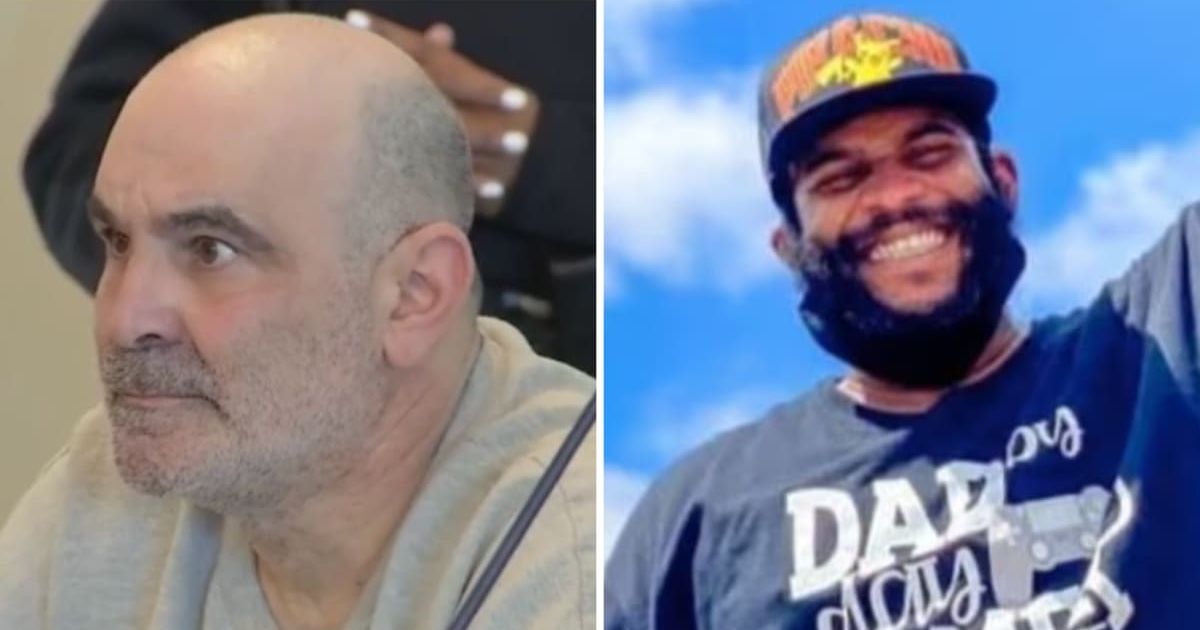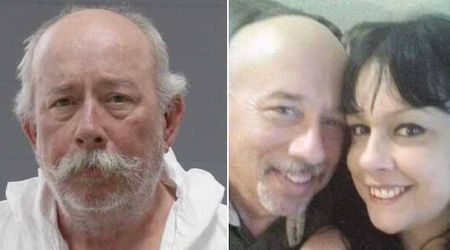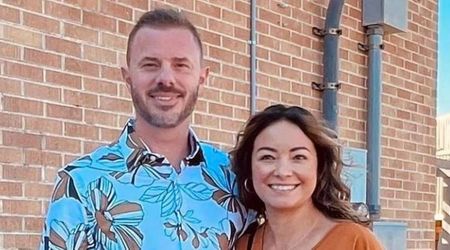Dean Kapsalis: Massachusetts man's life sentence for racist road rage death disappoints victim's family

MASSACHUSETTS: Dean Kapsalis convicted of second-degree murder in the 2021 death of Henry Tapia, a Black man, was sentenced on Wednesday, January 17, to life in prison.
However, the court granted the possibility of parole after 15 years, drawing mixed reactions from the victim's family and sparking a renewed debate on the adequacy of justice in racially motivated crimes.
What happened between Dean Kapsalis and Henry Tapia?
Last year, Kapsalis was found guilty by a jury on charges of second-degree murder, violation of constitutional rights, and other offenses stemming from a fatal road rage encounter with Tapia on January 19, 2021.
The incident unfolded as the duo engaged in a heated argument, culminating in the suspect shouting a racial slur before striking the victim with his pickup truck as he drove away. Tapia succumbed to his injuries at a hospital.
District Attorney Marian Ryan, expressing the gravity of the situation, labeled the murder of Tapia as a "senseless tragedy fueled by hate and anger." “The fact that some of the last words Henry Tapia heard were a horrific racial insult meant to intimidate and threaten him based on the color of his skin is something we cannot tolerate."
Judge David A. Deakin weighs gravity of the crime
Judge David A Deakin, overseeing the sentencing, deemed the life sentence with parole eligibility after 15 years proportional to the crime. He acknowledged Kapsalis's support from friends and family but emphasized the defendant's long history of violence as reflected in his criminal record.
The suspect, with a history of numerous traffic violations, including 7 crashes and 18 speeding tickets, with his license suspended 10 times over the years. Further, Kapsalis, 56, apologized to the Tapia family during the sentencing, though some perceived the apology as lacking sincerity.
The victim's cousin, Raul Felipe, stated, "The apology didn't sound that sincere, but eventually we can find it in our hearts to forgive him. But it’s going to be a long process," NBC Boston reported. Despite the court's decision, the Tapia family expressed disappointment, considering the life sentence, with the possibility of parole, as too lenient.
Tapia's family had hoped for a more stringent sentence, one without the possibility of parole, emphasizing their belief in a higher form of justice. Miosotis Morel, Tapia's mother, asserted, "But I know there is something more important than this. And it's the justice of heaven, the justice of God."
Notably, Kapsalis' defense team had attempted to reduce the conviction to manslaughter, but their efforts proved unsuccessful.
During the sentencing, Judge Deakin addressed Tapia's grieving relatives, recognizing the irreplaceable loss they endured.
"I am well aware that no sentence can give them what they most want, which is to have Mr Tapia back. If I could, I wouldn’t do anything other than that," remarked Judge Deakin.
Nevertheless, Tapia's fiancee and children are left grappling with the enduring impact of his absence.










